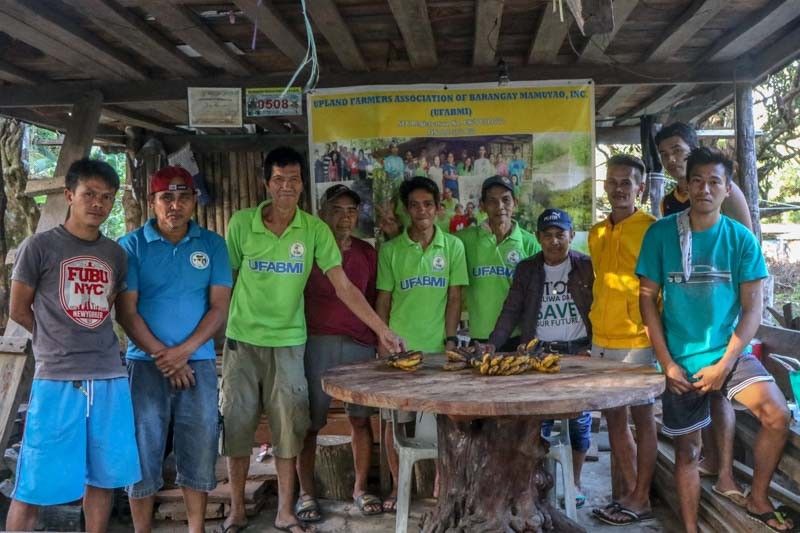Duterte signs law requiring LGUs to appoint coop development officers

MANILA, Philippines — President Rodrigo Duterte has signed into law a measure requiring local government units (LGUs) to appoint a cooperatives development officer (CDO), a post that was intended to ensure the efficient delivery of services in far-flung areas.
The mandatory designation of CDO in LGUs is contained in Republic Act No. 11535 signed by the president last April 9. It amended the Local Government Code of 1991, the law that transferred the responsibility of delivering basic services to local governments.
Under the amended law, city, municipal, and provincial governments should appoint a CDO. Cities and municipalities have the option to appoint a full fledged CDO or merge the position to an existing post or official in a related office, unit or department.
If local governments choose to appoint full-fledged CDOs, they can set the rank, remuneration, and their other emoluments subject to existing laws and regulations.
A CDO should be a Filipino citizen, preferably a resident of the local government unit, of good moral character, a holder of a college degree preferably in cooperatives, business administration with special training in cooperatives or any related course from a recognized college or university, and a first grade civil service eligible or its equivalent.
The appointee must have experience in cooperatives organizations and management or other comparable experience of at least five years in the case of provincial or city CDO, and three years in the case of municipal CDO.
The CDO shall take charge of the office for the development of cooperatives registered with the Cooperative Development Authority.
They shall also formulate measures that will ensure the delivery of basic services; develop plans and strategies to implement the measures, specifically those that integrate cooperatives values and practices in local programs and projects; take the lead in identifying groups or sectors that can be organized into cooperatives that can serve as vehicles in poverty reduction, job cooperation, and socioeconomic development.
The CDO is also expected to work with agencies like the Cooperative Development Authority and the trade department and other groups to help cooperatives enhance their viability as an economic enterprise and social organization and to assist cooperatives in establishing linkages with state agencies, cooperative unions, and other sectors involved in promoting and integrating the concept of cooperatives in livelihood of people.
The officer is likewise tasked to help cooperatives in developing and implementing risk management and business community plans as a response to disasters to aid in their survival and, if necessary, rehabilitation.
Senate Majority Leader Juan Miguel Zubiri, principal sponsor of the measure, previously said the appointment of CDOs would allow the government to reach more easily communities in far-flung areas and to deliver vital and immediate support at the grassroots level.
There are about 28,000 registered cooperatives in the Philippines.
- Latest
- Trending


























